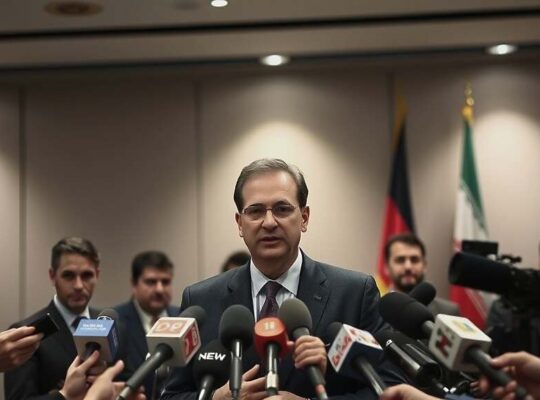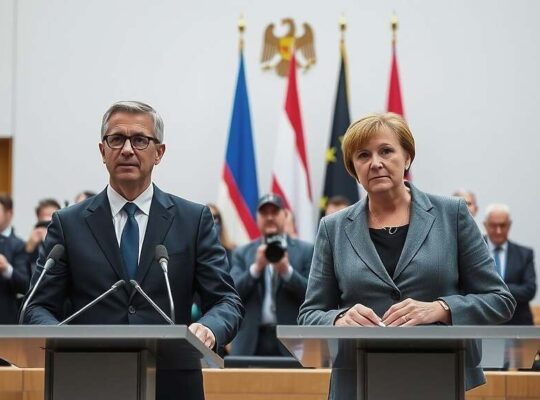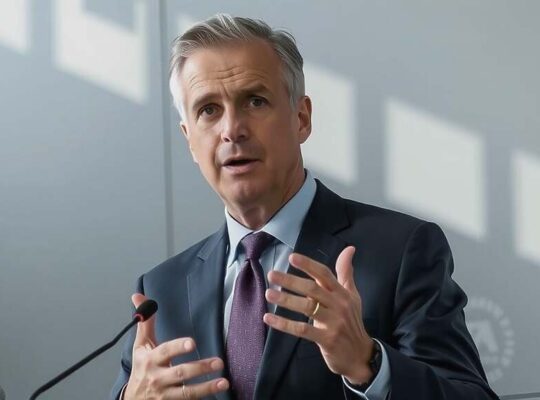The political fallout from Germany’s abrupt nuclear phase-out continues to intensify, with Saxony’s Minister-President Michael Kretschmer directly blaming the decision for bolstering the rise of the far-right Alternative for Germany (AfD). In a candid assessment published in the Funke-Mediengruppe newspapers, Kretschmer argued the premature abandonment of nuclear power represented a missed opportunity to provide a significant portion of Germany’s energy supply with carbon-free electricity at affordable prices.
“This was an accelerant for the AfD and a significant contribution to political disillusionment – driven by green ideology” Kretschmer stated, suggesting the decision alienated voters susceptible to populist appeals. He dismissed the storage of spent nuclear fuel rods as a significant obstacle, pointing out that numerous EU member states continue to source them from Russia.
Kretschmer’s remarks represent a growing dissent within the CDU, traditionally a supporter of the nuclear phase-out. He asserted that the possibility of constructing new nuclear power plants has not been definitively ruled out, emphasizing the crucial need for maintaining low electricity prices. “Electricity must not become a scarce and expensive commodity” he stressed.
The stark contrast between Germany’s energy policy and that of neighboring countries was particularly critical in Kretschmer’s commentary. He highlighted Poland’s investment in nuclear power while Germany continues decommissioning existing plants. “Poland is entering the nuclear age, while we are demolishing the last cooling towers. This is incredibly bitter” he observed, underlining a strategic divergence that he believes is detrimental to Germany’s long-term economic and political stability. His critique implicitly questions the prevailing narrative around renewable energy dominance, suggesting a more nuanced approach incorporating nuclear power might be necessary to address both climate change and affordability concerns, potentially impacting the current coalition government’s policies and facing considerable political resistance.












